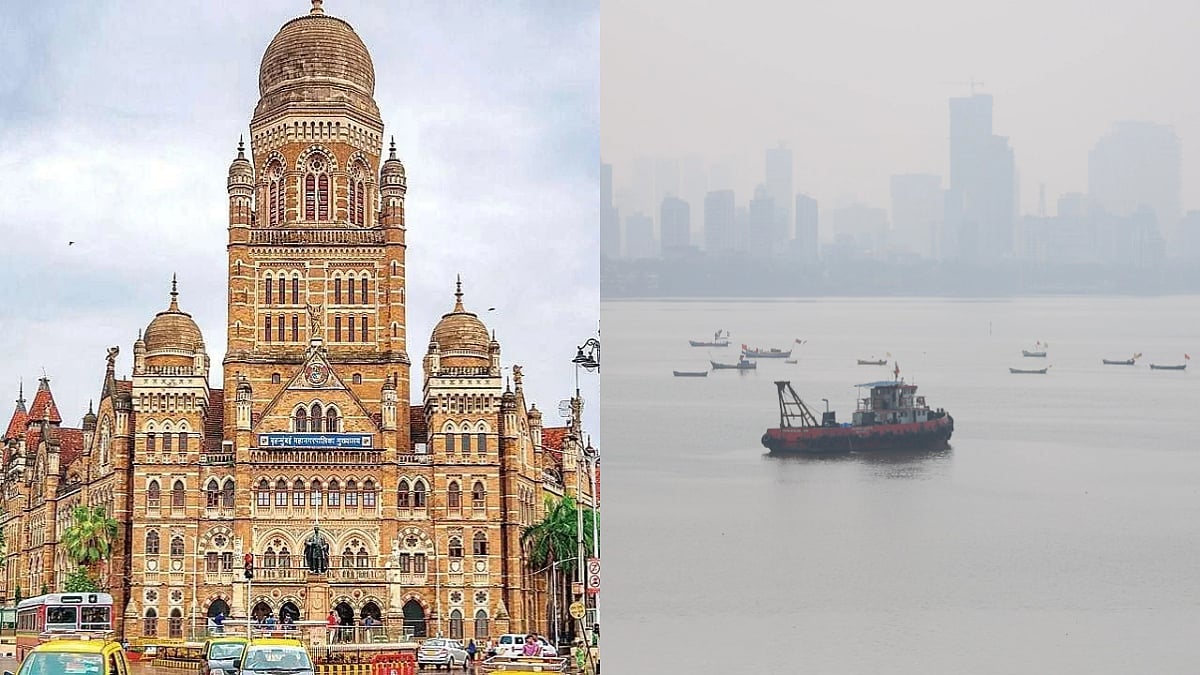A crisis exposes realities for what they are and not what the politicians, economists, story spinners, troubadours, fake news propagandists, et al would like you to believe. The reality of COVID-19 situation is that most, if not all, predictions, inferences, advisements, and statistic permutations and probability theories have failed miserably.
The pandemic seems to be morphing, may be even mutating, and economies threatening to implode. Darwinian evolution is slow and gradual. But this evolutionary process comes with a rider that during epochal upheavals, the long process of evolution can be short-changed by what he called mutation.
Are we heading towards a mutation phase of evolution where new paradigms in social and economic behaviours will emerge! Not since the Spanish Fluor WWII, has the world had to deal with such synchronous public-health and economic crises both sides of the equator.
And I’m afraid, despite the leaps and bounds our civilisation has progressed since the Spanish Flu, the response to this pandemic has been tepid at best, and downright disastrous at its worst.
We are into the fourth month of this pandemic, and lack of a co-ordinated, global economic stimulus strategy is conspicuous in its absence. Humans have always travelled from one country to other for centuries and have spread diseases and learnt to fight them and develop immunity. It is this transition period that threatens to be most painful. A global pandemic that forces almost 3 billion humans into a lockdown can never be planned for. The consensus today seems to be that the virus will affect communities for a period of up to 18 to 20 months.
What seems to be inevitable is that the world as we know it, will no longer be the same. With the threat of a recurrence looming large in every country’s consciousness – recurrence in Korea and China is frightening, to say the least – COVID-19 will force unprecedented changes on humankind and our lives.
The way we work and the way we integrate into the society will keep evolving until the virus stabilises or a vaccine is found. We will need to get used to new challenges of intercity, inter-state, international travel in the short to medium term.
There might be also be periodic lockdowns of different cities, or states, and a few countries as well, to control the spread of the virus. Lower availability of manpower and workforce at any given time will be a constant threat. Worse, change in consumption habits will force us to rethink our systems and procedures and policy initiatives.
India, which managed to survive the 2008-09 crisis primarily because of its internal consumption, will find it much tougher this time. This time, the consumption itself will be at stake. Consider the following scenario.
Even after things go back to normal, if and when they do, salaried people will realise less money. No bonus, no major hikes, no indirect compensation are on the cards. Everyone has lost money; how can firms afford to pay increased remuneration? All company sponsored junkets, expense accounts will also see a drastic reduction, if not total elimination. Add to these 40 days lockdown during which most families would have learnt the substantial monetary benefits of being at home, cooking at home, and no extravagant shopping trips.
The money that a majority of population has saved during this month will prompt them to continue with this austerity for a long while. Companies which make goods and consumables will take a long time to achieve 100%capacityutilisation.Their cash flow economy will have taken a severe beating and in order to continue paying salaries for the no-production weeks, chances are high that many of them will resort to hiking the prices.
At the same time, the government too will need to increase its revenues. Indirect taxation in terms of excise duties on non-essential items might also see a substantial hike. Further, in order to boost consumption, the government will try to infuse further liquidity into the system, and the central bank might cut interest rates even further. So high prices, low purchasing power, less demand, high unemployment, excess food grains production, lower income for farmers, and we are staring at some pretty grim times ahead.
Indeed, careful planning will be required to build stocks of inputs and final products at the point of consumption. Large centralised procurement will again fragment to ensure lower losses and lower travel distance of the commodities especially for fresh and perishable commodities. New algorithms may be required to plan the global deliveries. Food is noting short supply, the world has plenty of food, its distribution and how it is disbursed from the land of plenty to lands of scanty will definitely evolve over time.
The writer is a Thought Leadership consultant, a columnist and an erstwhile journalist with some of the leading publications in India.




